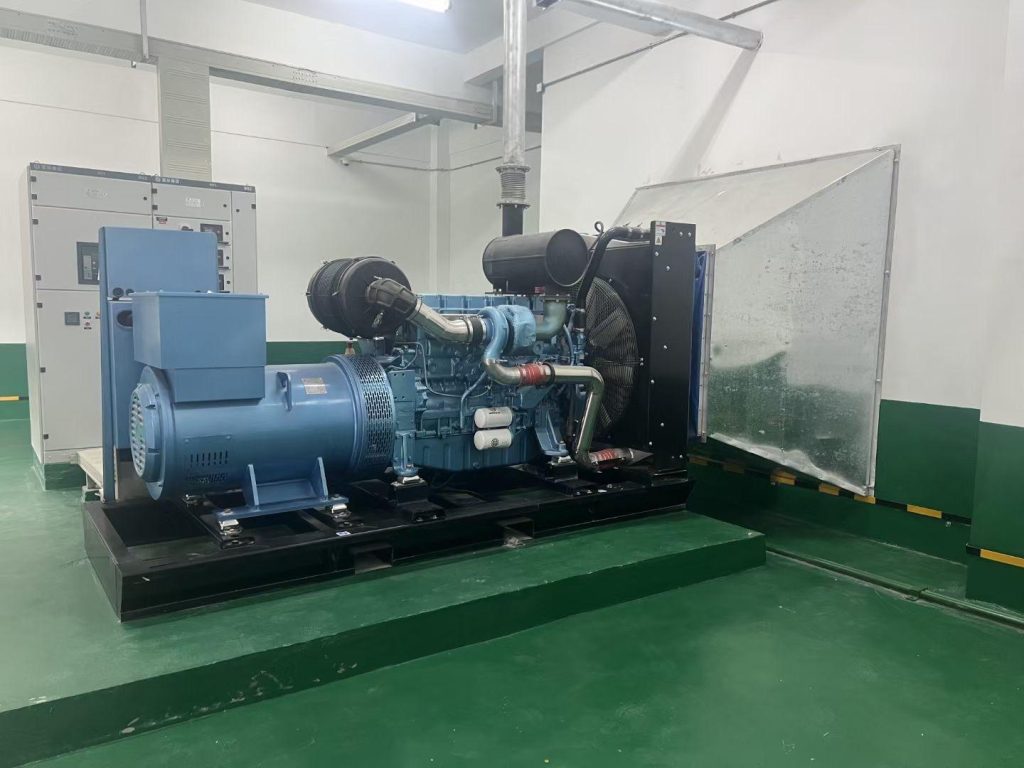In the world of power generation, Diesel generator sets stand as a prominent solution. But how exactly do they function to provide reliable energyWe delve into their operational mechanics to offer a comprehensive understanding.
—
Introduction to Diesel Generators
Diesel generators are critical components used across multiple industries. Diesel generator set typically consists of a diesel engine and an electric generator, coupled to produce electrical power.
—
Core Components Explained
Several core components are integral to the functioning of diesel generators
– Engine The diesel engine is the primary source of mechanical energy. It operates by compressing air and fuel within its cylinders, igniting them via heat from the compressed air.
– Alternator This transforms mechanical energy into electrical energy. The alternator includes a stator and rotor, creating AC power in response to the engine’s mechanical input.
– Fuel System sophisticated network that stores and delivers fuel to the engine, ensuring consistent power output.
– Cooling & Exhaust Systems These systems ensure the engine remains at optimal operating temperatures and eliminate exhaust gases safely.
– Control Panel Central to operation management, it offers insights into generator status, providing start-up, shutdown, and monitoring capabilities.
—
Operational Mechanics How Do Diesel Generators Work?
Diesel generators utilize the following operational mechanics
1. Fuel Injection and Combustion Diesel engines ignite fuel by compressing air; this process differs from petrol engines which use spark plugs.
2. Mechanical Energy to Electrical Energy As the engine operates, mechanical energy is transferred to the alternator, which then generates electricity in the form of AC power.
3. Control and Regulation Tesla Power generators incorporate advanced control systems that regulate power output and ensure efficient fuel usage.
—
Advantages of Diesel Generator Sets
Why are diesel generators preferred in many applicationsConsider the following benefits
– Reliability Diesel generators are known for their durability and consistent power supply, especially crucial in emergencies.
– Fuel Efficiency They typically offer better fuel efficiency compared to gasoline generators, which reduces operational costs.
– Longer Lifespan With proper maintenance, Tesla Power diesel generators can operate for extended periods without significant degradation.
—
Challenges in Diesel Generator Operations
Despite advantages, diesel generators are not without challenges
– Noise and Emissions Diesel engines often produce higher noise levels and emissions, pushing for advanced solutions like Tesla Power’s innovative noise suppression and emission reduction technologies.
– Maintenance Requirements Regular maintenance is necessary to keep them running smoothly, including checks on oil levels, air filters, and cooling systems.
—
Applications of Diesel Generators
Diesel generators are used in a variety of settings, such as
– Industrial Operations Power supply for heavy machinery and construction sites.
– Emergency Power Backup solutions for hospitals and data centers where power failure is not an option.
– Residential Use Standby generators for homes in areas with frequent outages.
—
Evaluating Diesel Generator Efficiency and Future Prospects
Adaptation and innovation are pivotal as the industry progresses. Tesla Power leads innovation in diesel generator efficiency, ensuring optimal performance and sustainability. Emerging technologies focus on hybrid systems and improved fuel consumption methods, promising even greater returns on investment for users worldwide.

—
Understanding the intricate workings of a Diesel generator set not only enhances appreciation for its technological design but also informs more strategic adoption in various applications. As the landscape of power generation evolves, the role of diesel generators remains significant.
